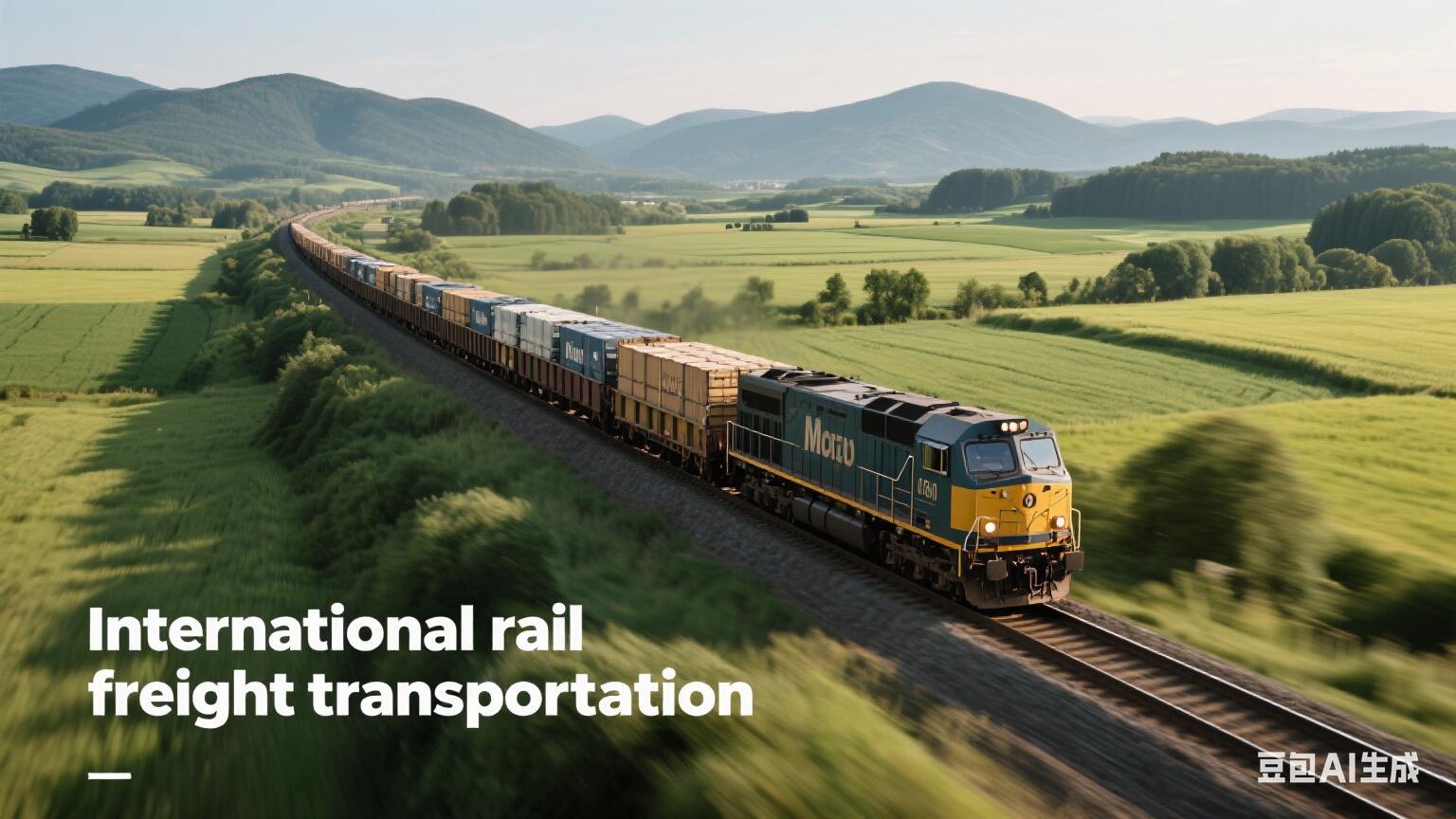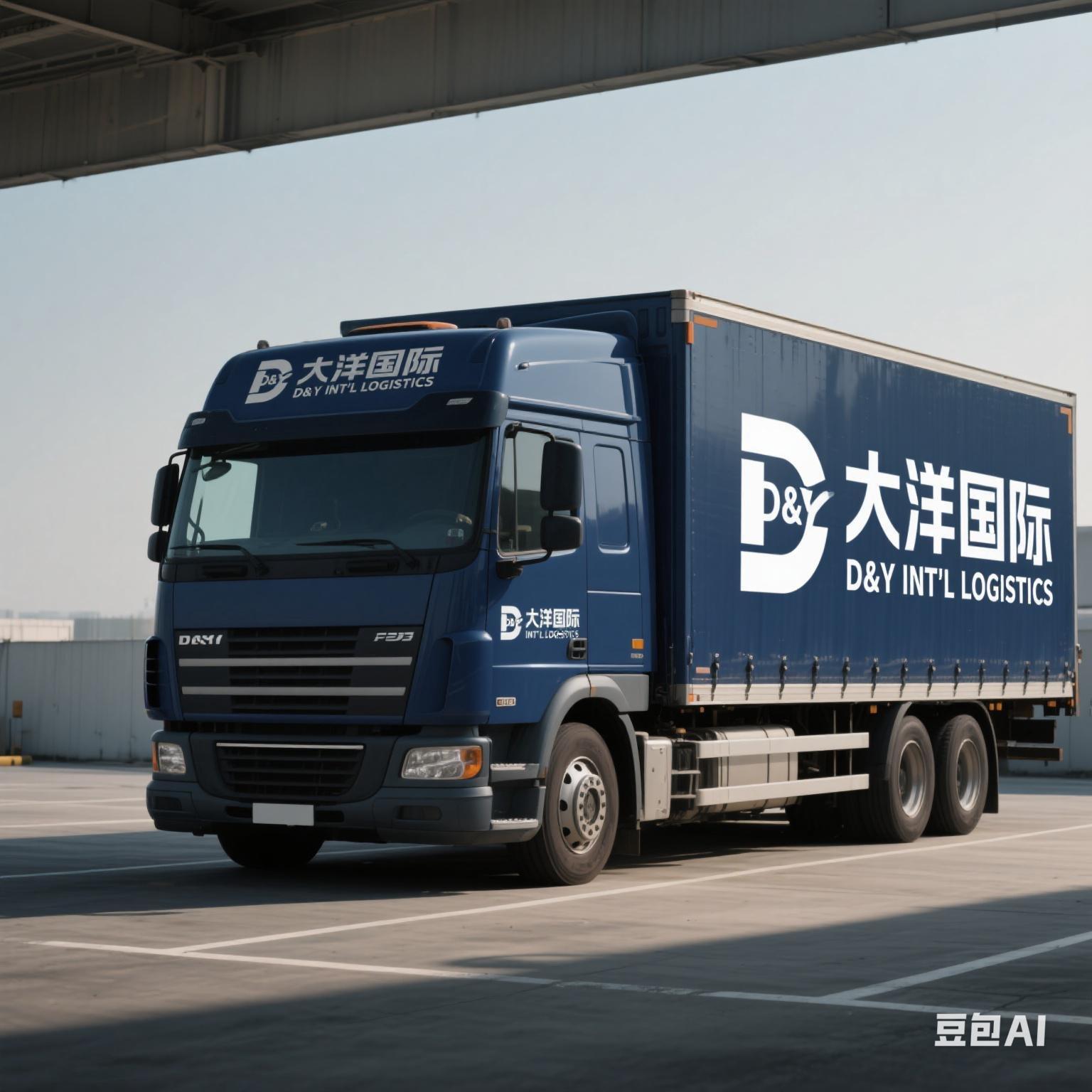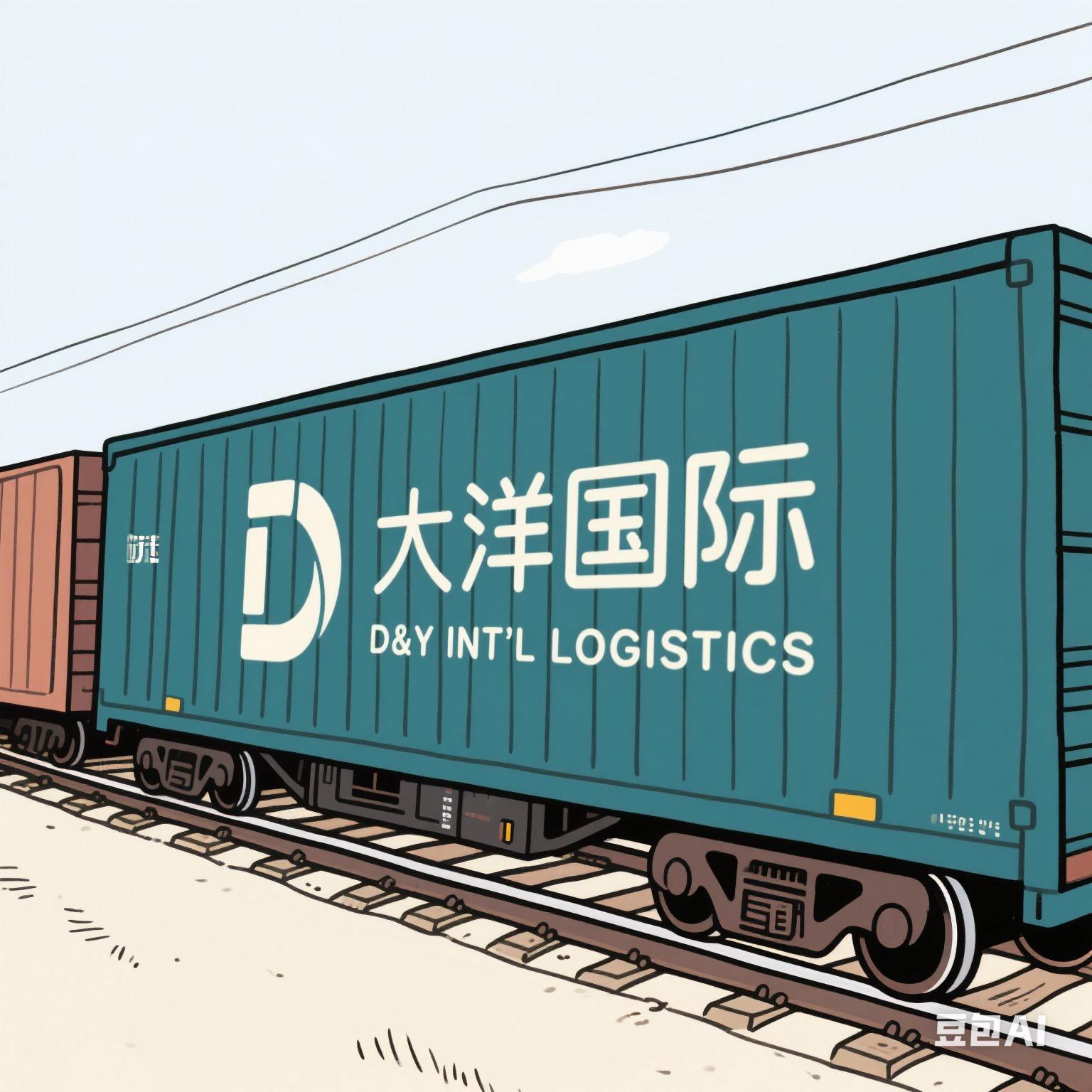railway container shipping
Railway container shipping represents a crucial component of modern logistics and freight transportation. This sophisticated system involves the movement of standardized containers via rail networks, offering a seamless integration between different modes of transport. The system utilizes specialized flatcars designed to securely hold shipping containers, enabling efficient cargo transportation across vast distances. Advanced tracking systems and automated loading equipment ensure precise monitoring and handling of containers throughout their journey. The infrastructure includes intermodal terminals equipped with specialized cranes and handling equipment for swift container transfers. These facilities serve as vital hubs where containers can be efficiently transferred between trains, trucks, and ships. The technology employed includes computerized logistics systems that optimize route planning, load distribution, and scheduling. Modern railway container shipping incorporates safety features such as container locking mechanisms, weight distribution systems, and real-time monitoring capabilities. This mode of transportation has become increasingly important in global supply chains, offering reliable, cost-effective movement of goods while maintaining cargo security and integrity throughout the journey.


